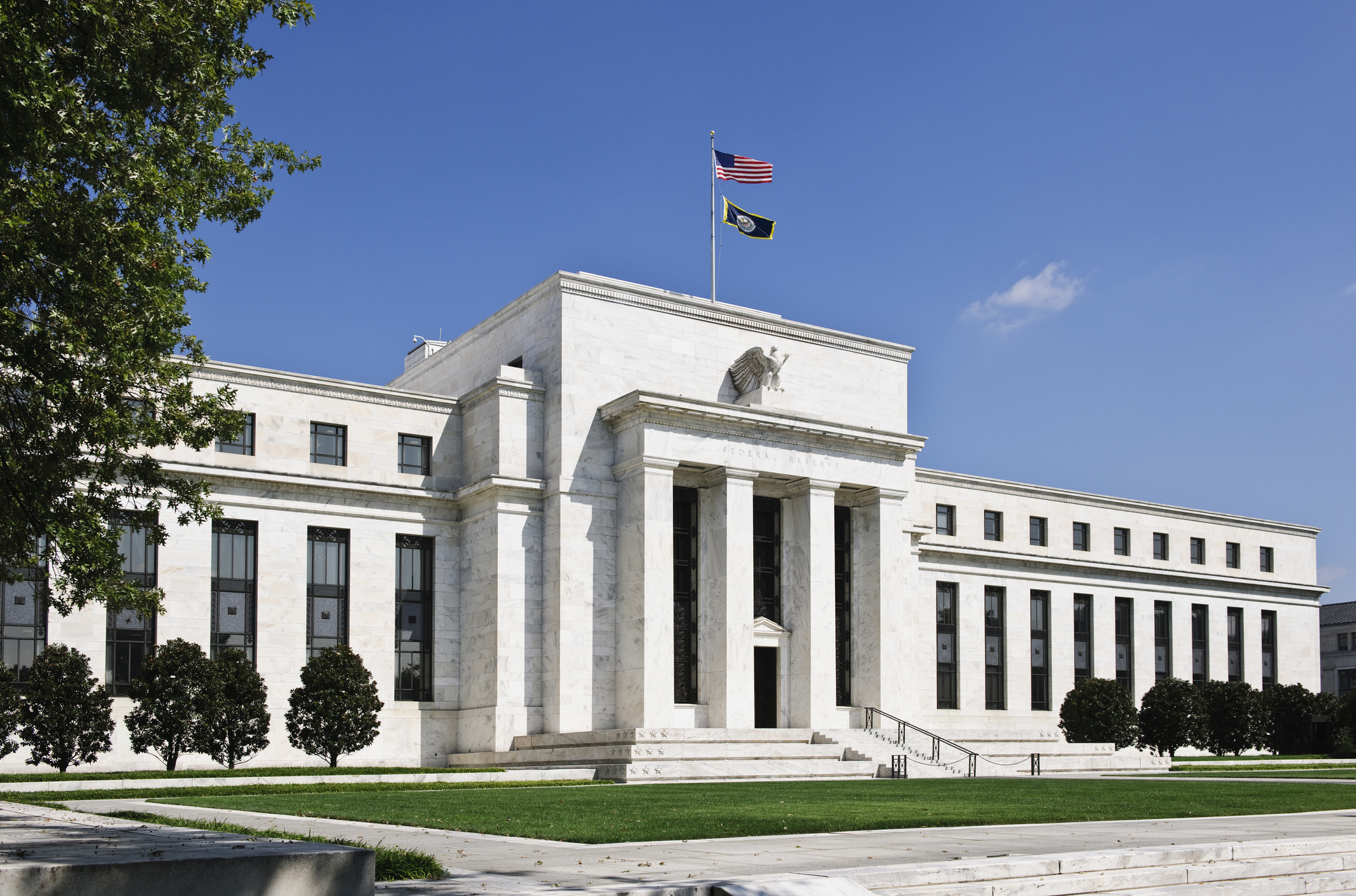
To help you understand what is going on in the economy our highly experienced Kiplinger Letter team will keep you abreast of the latest developments and forecasts (Get a free issue of The Kiplinger Letter or subscribe). You'll get all the latest news first by subscribing, but we will publish many (but not all) of the forecasts a few days afterward online. Here’s the latest…
What’s it going to take to beat inflation and, by extension, allow the Federal Reserve to cut interest rates from their 20-year highs? And when exactly might that happen?
There’s no near-term relief in sight. Consumers are spending heavily — which is good for the economy and for businesses’ profits, but bad for the Fed as it tries to lower inflation. Spending on most goods has settled down, which has helped to curb price increases of goods outside of food and energy in the first quarter. (Gasoline prices are up 18%, but they appear to be leveling off now, barring further escalation of the fighting and tensions in the Middle East.) It’s services people are buying a lot of. That drives up prices, and then wages in many service industries — a negative feedback loop. That strong spending is likely to continue, as wage growth falls only slowly.
On top of that, consumers are saving a lot less to keep spending — the national savings rate is down to just 3.2%, vs. the 7% average over the past 10 years. Again, that's good for profits and economic growth now, but bad for lowering inflation. (In addition, it raises the uncomfortable question of how folks will cope when the economy falters.) As Fed Chair Jerome Powell has signaled, interest rate cuts aren’t imminent. There’s a slim chance of a cut on July 31, but only if inflation drops soon, showing steady downward progress in the three months before the Fed’s July meeting.
There’s reason to think the monthly Consumer Price Index reports will show a cooling in inflation, since housing, car repairs and insurance are big inflation drivers now. There are signs of rents easing, and automotive work can’t keep soaring forever. But it’s not clear that any of those price pressures will ease enough in the near term to bring overall inflation down and allow the Fed to consider an initial rate cut. We think the best odds of a Fed rate cut are in November, right after the election. Inflation just looks too entrenched for now to justify a cut in July. (The Fed also meets in September, but we are skeptical it would act then, during the height of election campaign season.) Readers should also prepare for the chance of no drop in interest rates this year, an idea that would have shocked Wall Street a few months ago but looks possible now. Powell has been steadfast so far in insisting on getting inflation near the Fed’s target of 2% before trimming interest rates. And while some of the factors fueling inflation — rents, especially — should ease in coming months, other price pressures may worsen. For instance, California’s recent hike in the minimum wage for fast-food employees could help keep overall wage growth strong enough to lift the headline inflation rate.
The bulk of inflation relief will come next year, as will most Fed rate cutting.
This forecast first appeared in The Kiplinger Letter, which has been running since 1923 and is a collection of concise weekly forecasts on business and economic trends, as well as what to expect from Washington, to help you understand what’s coming up to make the most of your investments and your money. Subscribe to The Kiplinger Letter.







